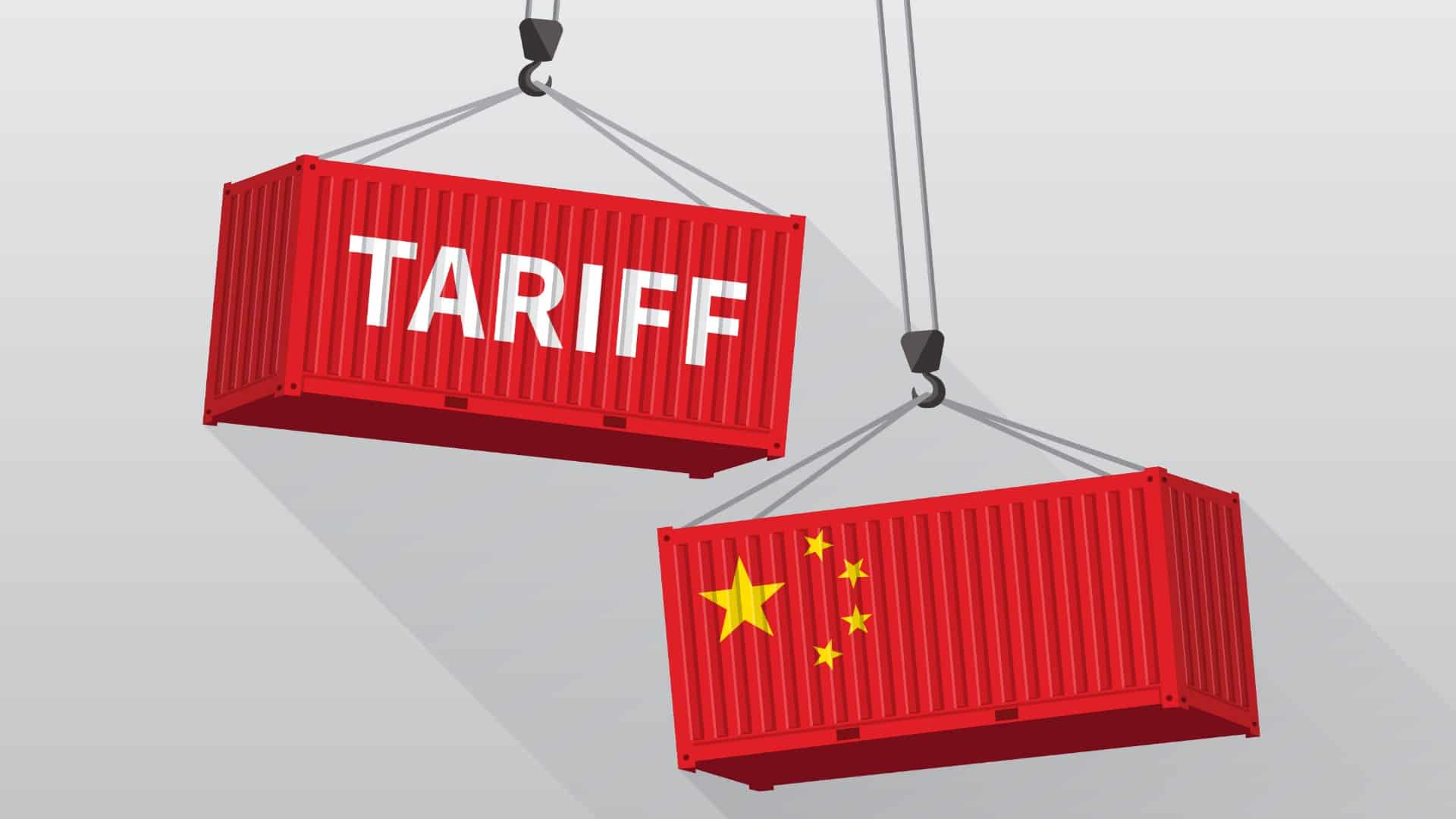
Relations between China and Australia have been sinking to new lows. And they show few signs of turning around in the immediate future.
China is Australia’s largest export partner, purchasing 35% of Australia’s exported goods and services.
Enter the tariffs
In what Australia claims is a violation of the World Trade Organisation’s core rules, yet China claims are legitimate tariffs in response to Australian subsidies and dumping of products, China has slapped punitive tariffs on a range of Australian exports, rattling share markets.
To date these include import tariffs on barley, wine, meat, lumber, lobsters and (unofficially) coal. But that list might well grow. Honey producers, cotton and wheat farmers, and pharmaceutical companies are all reportedly in China’s sights.
Should ASX investors be concerned about China’s trade disruptions?
The impact of the tariffs to date has been painful to some specific industries and put the share prices of companies in those sectors under pressure.
The Treasury Wine Estates Ltd (ASX: TWE) share price is an obvious example, down 11% since 25 November.
In November, China revealed it would level tariffs as high as 200% on Aussie wine. Yesterday, the Communist Party upped that with an additional 6.3% “anti-subsidy” tariff.
Now the additional 6.3% won’t have much, if any, impact atop the much bigger existing punitive import duties. In fact, the Treasury Wine share price is up 4.0% in afternoon trading even as the broader S&P/ASX 200 Index (ASX: XJO) is down 0.6%.
However, it does show that China isn’t done with its tariff measures yet.
Which begs the question, just how serious could this get for the wider Australian economy?
According to Shane Oliver, the head of investment strategy & economics and chief economist at AMP Capital, a subsidiary of AMP Ltd (ASX: AMP), it’s unlikely to grow to the point of impacting the majority of Australia’s trade with China.
Speaking at AMP’s webinar on Wednesday, Oliver said:
The exports affected so far amount to $6–7 billion per annum. That’s horrible for those affected, if you’re a wine maker or barley farmer or beef producer… But the overall macro-economic impact is relatively minor. $6 billion is only 0.3% of our economy.
The big impact, Oliver said, would be tariffs on Aussie gas or iron ore. But he believes it’s unlikely China can do that without negatively impacting its own economy. And with iron ore reaching US$156 per tonne earlier today and the price of coking coal in China at 4-year highs, he’s got a good point.
Where to invest $1,000 right now
When investing expert Scott Phillips has a stock tip, it can pay to listen. After all, the flagship Motley Fool Share Advisor newsletter he has run for more than eight years has provided thousands of paying members with stock picks that have doubled, tripled or even more.*
Scott just revealed what he believes are the five best ASX stocks for investors to buy right now. These stocks are trading at dirt-cheap prices and Scott thinks they are great buys right now.
*Returns as of June 30th
More reading
- ASX 200 drops on Friday
- Why JPM just upgraded the beaten-down Appex (ASX:APX) share price to “buy”
- UBS just downgraded these outperforming ASX mining stocks
- Why the Eagers Automotive (ASX:APE) share price broke its all-time record today
- ASX 200 down 0.3%: CSL sinks, Zip’s Facebook deal, IGO rockets
Motley Fool contributor Bernd Struben has no position in any of the stocks mentioned. The Motley Fool Australia owns shares of and has recommended Treasury Wine Estates Limited. The Motley Fool has a disclosure policy. This article contains general investment advice only (under AFSL 400691). Authorised by Bruce Jackson.
The post Will China’s tariffs cripple the Aussie economy’s 2021 recovery plan? appeared first on The Motley Fool Australia.
from The Motley Fool Australia https://ift.tt/2IBexT4
Leave a Reply